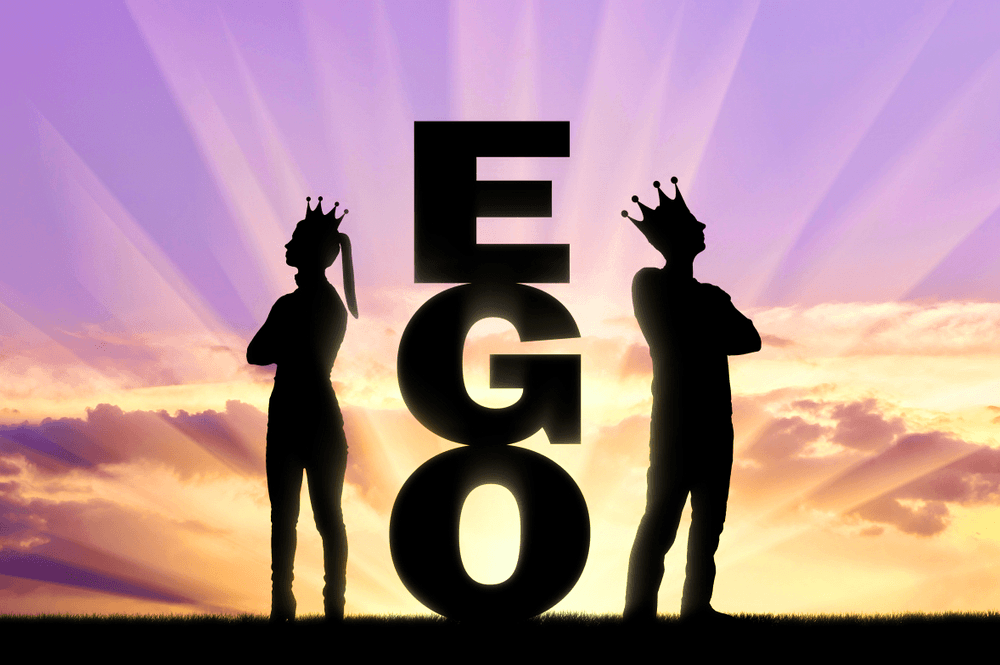Content Summary
Empathy, the profound ability to connect with the emotions and experiences of others, is a cornerstone of human interaction that shapes relationships, communication, and societal harmony.
Empathy bridges understanding, compassion, and personal growth in a world often marked by diverse perspectives and emotions. In this article, we delve into the essence of empathy, explore ways to nurture it, debate its significance as a strength or weakness, and examine the consequences of its absence.
What is Empathy
Empathy transcends mere sympathy, venturing into the realm of deep emotional understanding. It encompasses the capacity to step into another person's shoes, comprehend their feelings, and genuinely share their emotional journey.
This multifaceted trait can be broken down into cognitive empathy (understanding others' emotions), emotional empathy (feeling others' emotions), and compassionate empathy (acting on the understanding and emotions experienced).
The Art of Empathy - Bridging Hearts and Minds
Empathy, the delicate thread that weaves the fabric of human connection, serves as a profound testament to our shared humanity. In a world bustling with diverse emotions, perspectives, and experiences, empathy stands as the bridge that unites us, allowing us to traverse the landscapes of another person's soul. It is a silent language that speaks volumes, a symphony of understanding that resonates across cultures, languages, and barriers.
To be empathetic is to embark on a journey of the heart. It entails venturing beyond the confines of one's own emotions and stepping into the gentle tide of someone else's feelings.
Empathy is a whispered promise that assures the wounded that they are not alone, a quiet affirmation that celebrates the joyful moments of another as if they were our own. It is the art of listening with not just ears, but with an open heart, hearing the unsaid words and feeling the unspoken sentiments that quiver in the spaces between spoken sentences.
In the grand tapestry of empathy, each thread is carefully spun from genuine curiosity, patient understanding, and a willingness to embrace vulnerability. It invites us to put aside our judgments, to shed the armor of preconceived notions, and to stand barefoot on the shores of someone else's reality.
It beckons us to relinquish the temptation to fix, offering instead a sanctuary for emotions to find their voice. And as the tapestry unfolds, it reveals the intricate patterns of shared emotions, reminding us that beneath our varied exteriors, we are all woven from the same fabric of hopes, fears, and dreams.
Empathy is not a mere transaction of sentiments; it is an intricate dance between hearts. It requires a delicate balance between giving and receiving, a rhythm that is attuned to the ebb and flow of emotions. It thrives in the spaces of vulnerability, where masks are shed, and authenticity is celebrated. It is a testament to our capacity for emotional alchemy, transforming the lead of suffering into the gold of shared understanding.
To be empathetic is to become a mirror, reflecting back the emotions of another, and a cushion, absorbing their pain. It is a quiet revolution, a force that has the potential to mend the fractures in relationships, bridge the gaps in societies, and weave a tapestry of unity amidst diversity. Empathy is not just an emotion; it is a choice to see beyond oneself, a choice to connect, and a choice to make the world a more compassionate place, one heart at a time.
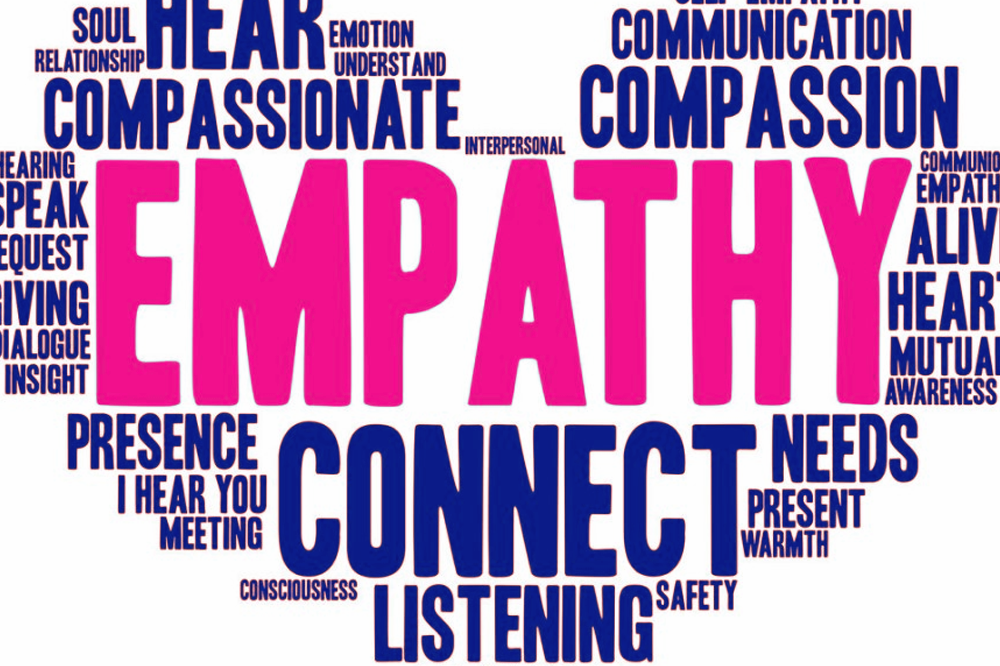
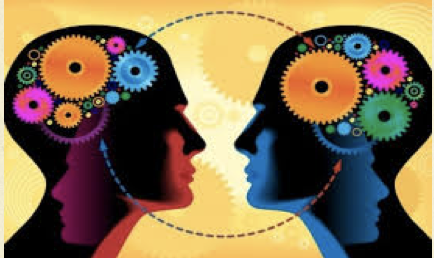
Cultivating Empathy: How to Be Empathetic
Empathy can be nurtured and developed through conscious efforts. Here are some strategies to enhance your empathetic abilities:
Active Listening: Pay attention to verbal and nonverbal cues. Give your full focus to the speaker and avoid interrupting, allowing them to express themselves fully.
Practice Perspective-Taking: Imagine yourself in someone else's situation. Consider their background, experiences, and emotions to better understand their point of view.
Stay Open-Minded: Approach conversations with an open heart and mind, suspending judgment. Respect the uniqueness of each individual's emotions and experiences.
Validate Feelings: Acknowledge others' emotions without attempting to minimize or fix them. Validation shows that you understand and accept their feelings.
Ask Thoughtful Questions: Inquire about their experiences to demonstrate your interest and willingness to engage on a deeper level.
Share Your Own Emotions: Opening up about your feelings can create a safe environment for others to do the same.
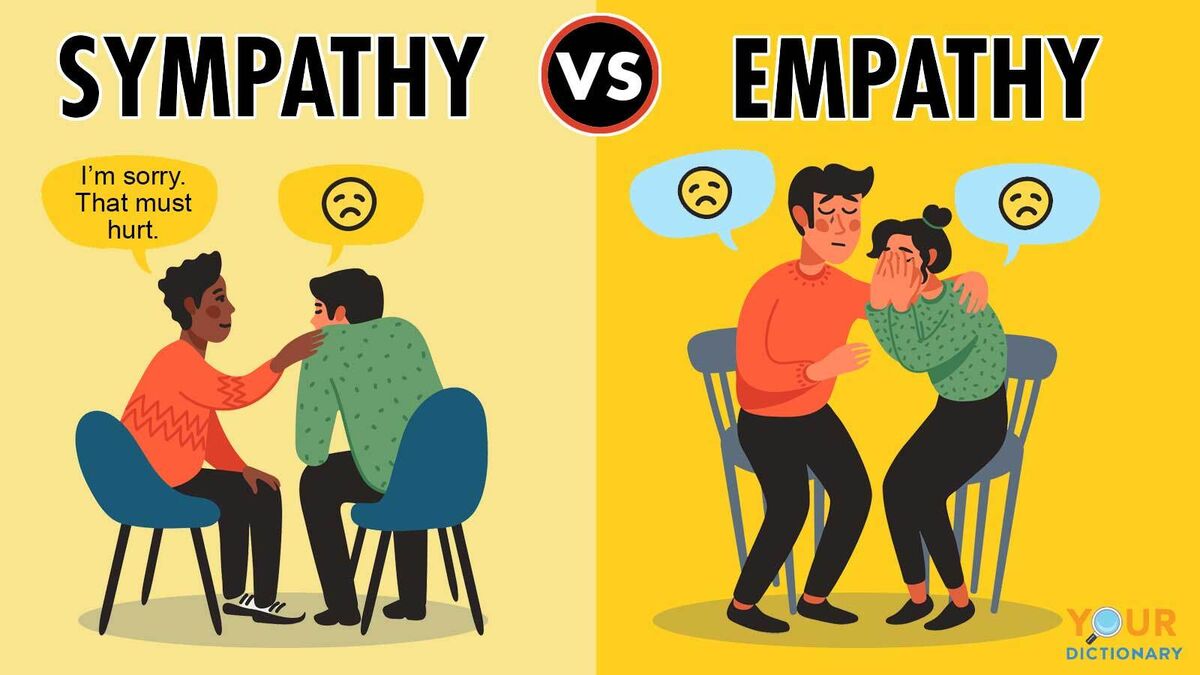
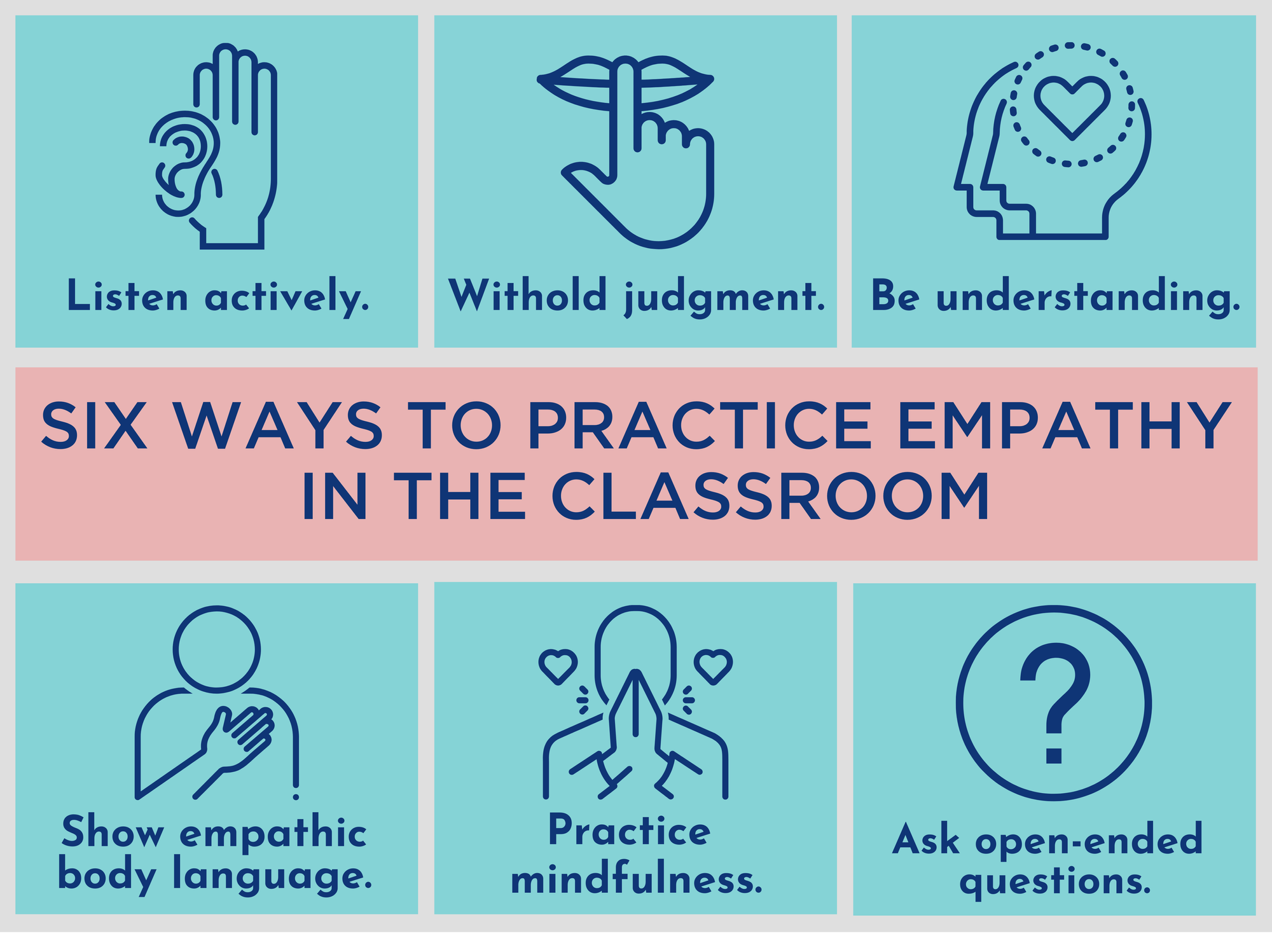
Empathy: A Strength or Weakness?
The debate over whether empathy is a strength or a weakness is complex and often subjective. Here are points from both perspectives:
Strength:
- Effective Communication: Empathy enhances communication by fostering genuine connections, reducing misunderstandings, and facilitating productive conversations.
- Conflict Resolution: Understanding another person's viewpoint can lead to more peaceful conflict resolution and compromise.
- Leadership: Empathetic leaders create motivated teams, foster trust, and effectively respond to their team members' needs.
- Cultural Sensitivity: Empathy promotes tolerance, inclusivity, and respect for diverse backgrounds and perspectives.
Weakness:
- Emotional Drain: Experiencing others' emotions intensely might lead to emotional exhaustion or burnout.
- Bias Impact: Excessive empathy could cloud objective judgment, making it difficult to make tough decisions.
- Boundaries: Being too empathetic might result in difficulty setting personal boundaries, potentially affecting one's well-being.
The Consequences of a Lack of Empathy
A deficiency in empathy can have profound effects on personal relationships, societal harmony, and individual well-being. Without empathy:
Relationships Suffer: Lack of empathy can lead to miscommunication, misunderstandings, and strained relationships due to a failure to connect emotionally.
Isolation Increases: Individuals who lack empathy might struggle to form meaningful connections, leaving them feeling isolated and disconnected.
Conflict Escalates: Without the ability to understand others' feelings, conflicts are more likely to escalate and remain unresolved.
Inequality Persists: A lack of empathy can contribute to social injustice and discrimination by disregarding the experiences of marginalized groups.
Personal Growth Stagnates: Empathy plays a pivotal role in personal growth, fostering emotional intelligence and self-awareness.
Author's Choice Books About Empathy:
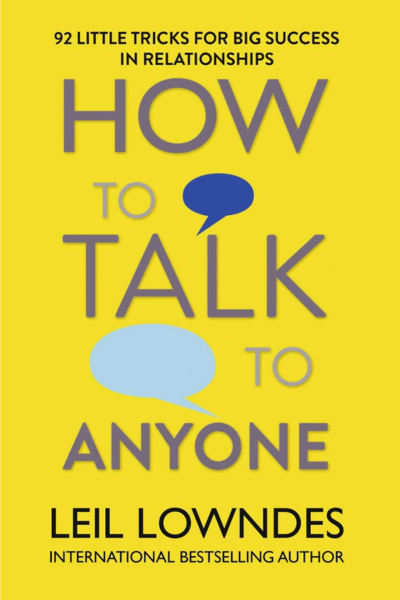
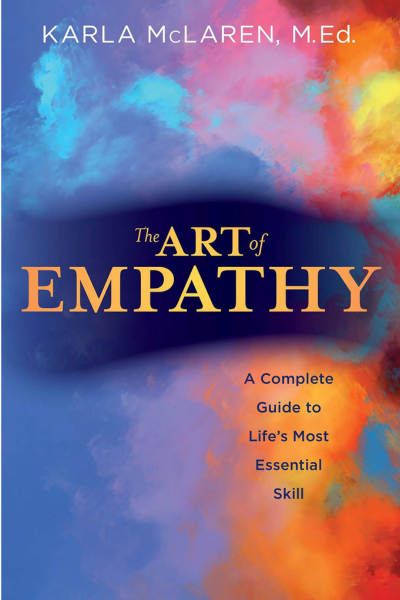
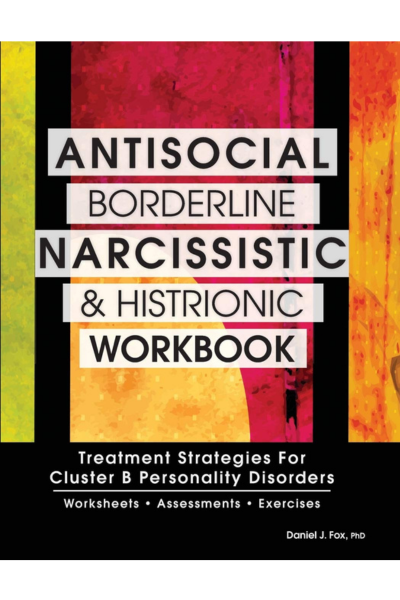
Conclusion
In conclusion, empathy stands as a formidable force that has the potential to shape the world for the better. Its capacity to build bridges, mend relationships, and foster understanding underscores its significance.
While it can be a source of strength when cultivated appropriately, a balanced approach is essential to avoid emotional fatigue and maintain objectivity. In a world where empathy is lacking, the consequences are far-reaching, underscoring its vital role in human interaction and societal progress.
Relevant Reads>>>


